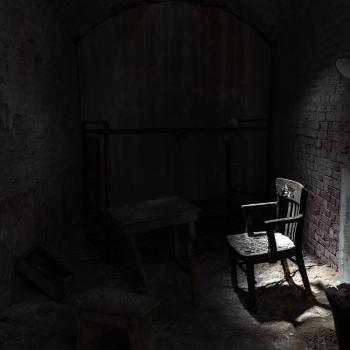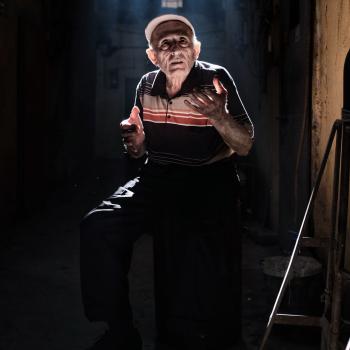“We owe it to those first Christian disciples to do our very best to understand the utter hopelessness of their situation after the Crucifixion. They had invested their whole lives in what appeared to be a diabolical joke. They had seen their beloved Master scourged almost most to death, dragged through the streets, nailed to a cross and abandoned to suffer public agony in the face of the obscene mockery of everybody in Jerusalem. Once they had basked in the reflected status of a celebrity who had been mobbed by large crowds; now he had been judged a nonperson, fit only for the most degrading and sadistic death that the human mind was capable of devising. If there had been any solidarity among his followers, it had vanished; not one person had dared to come forward in the Master’s defense, and their supposed leader, Peter, had cravenly denied Jesus three times. There was nothing left. It is preposterous to think of them pulling themselves together with the sorts of thoughts available to them from the mystery religions surrounding them. Frankly, their Jewish faith, based in the utterly realistic and unromantic Hebrew scriptures, would not have allowed any such vague and generic hopes. The Messiah was supposed to usher in the kingdom of God; for those disciples who had staked their lives on Jesus being that Messiah, it cannot be stated too strongly: there was no hope.”
Fleming Rutledge The Undoing of Death












